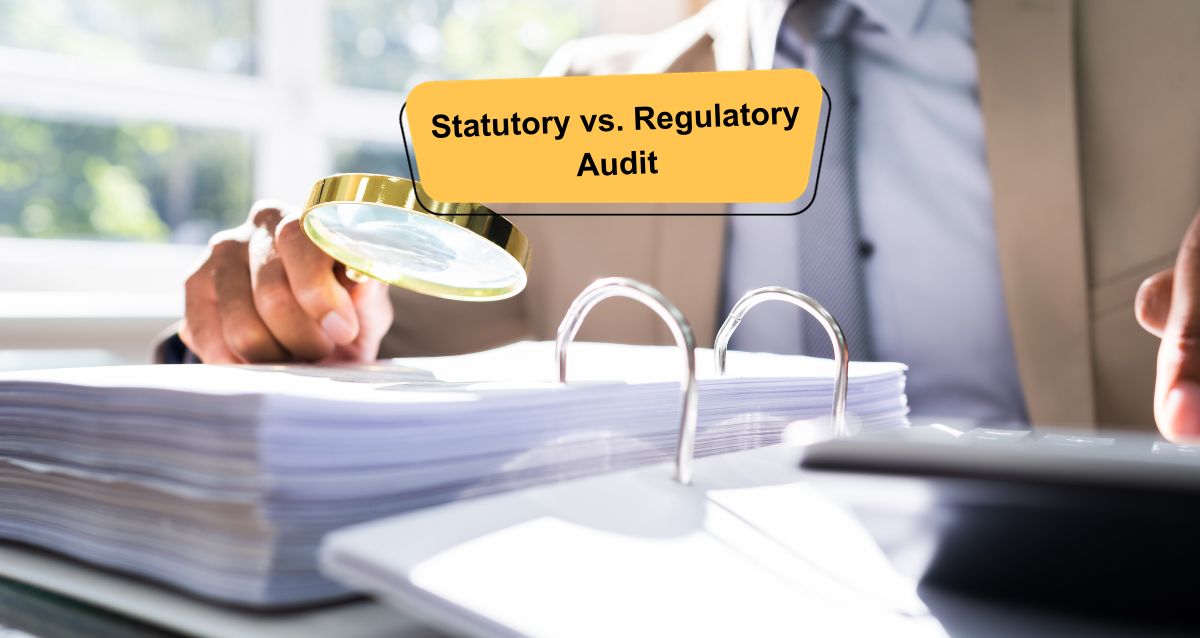Role of an Internal Auditor
The role of an internal auditor is to provide an independent and objective assessment of an organization’s processes, controls, and risks. By doing so, they contribute to the organization’s overall governance, risk management, and control processes, helping it achieve its objectives efficiently and effectively.




